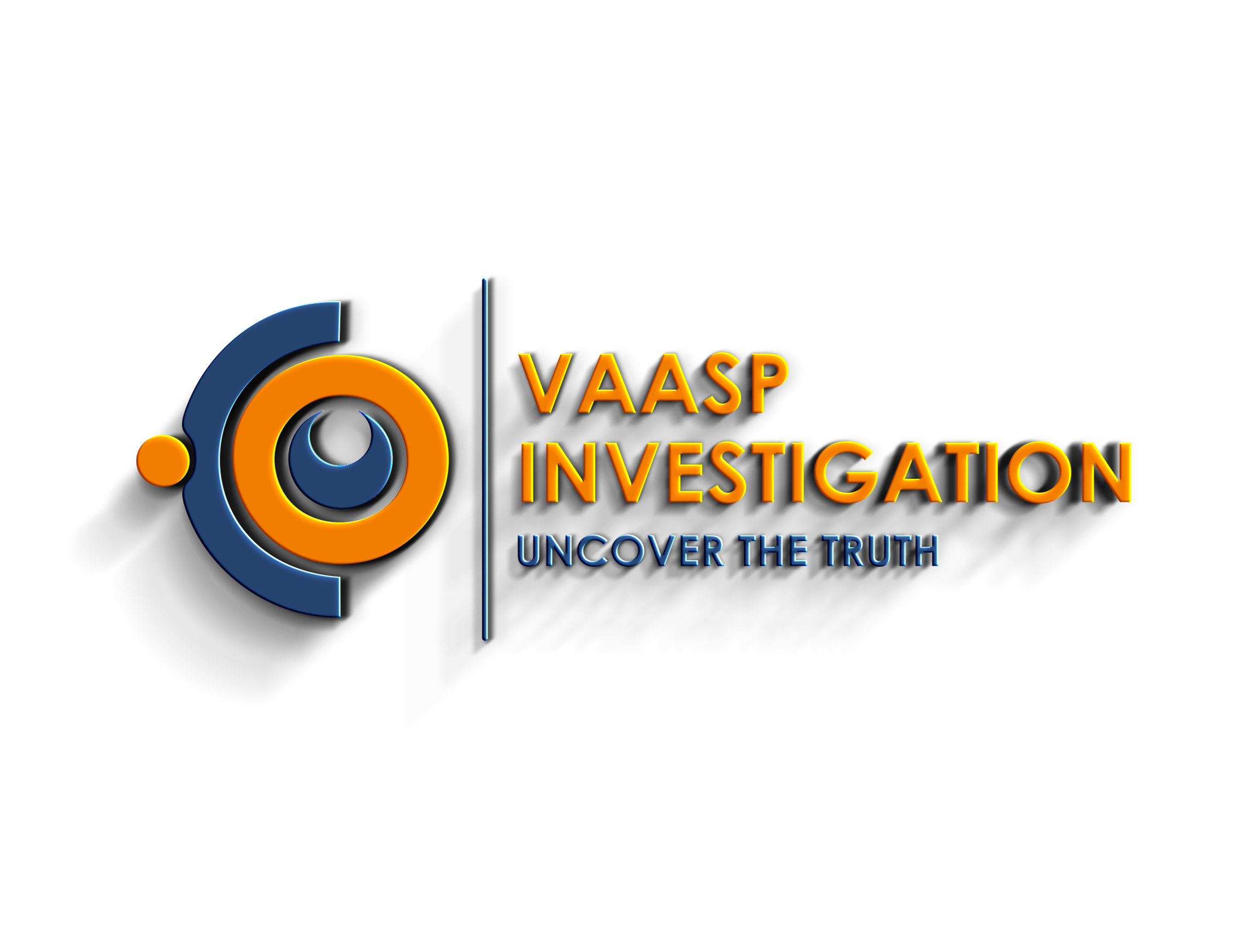
Post Employment Investigation2
Post-employment investigation refers to the process of examining a former employee’s activities, behavior, or actions after they have left a company or organization. This investigation is typically conducted to gather information about any potential wrongdoing that may have occurred during their employment or to track how they may be using sensitive company information after their departure. Such investigations are often carried out when there are concerns about intellectual property theft, breach of confidentiality, or illegal competition, especially if the former employee is joining a competitor or starting their own business in the same field.
The scope of a post-employment investigation can vary depending on the nature of the concerns. It may involve analyzing the ex-employee's social media activity, communication records, and connections with competitors to determine if they are violating non-compete clauses, non-disclosure agreements, or other contractual terms. Investigators might also review any data or documents the individual had access to while employed to ensure there was no unauthorized sharing or misuse of proprietary information. In some cases, investigators may even interview current employees or clients to determine whether the former employee is engaging in any activities that harm the company’s reputation or business interests.
While post-employment investigations are valuable for protecting a company’s assets, intellectual property, and reputation, they also raise ethical and legal concerns. It is crucial for organizations to balance the need for protecting their interests with respecting the privacy rights of the former employee. If a post-employment investigation is not conducted within the boundaries of the law, it could lead to claims of harassment, defamation, or invasion of privacy. Therefore, companies must ensure that these investigations are carried out in compliance with labor laws, privacy regulations, and contractual agreements to avoid potential legal repercussions.
